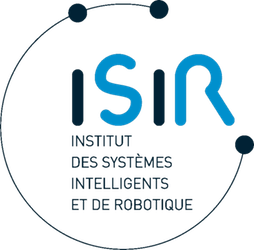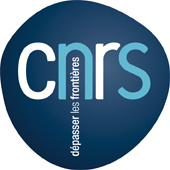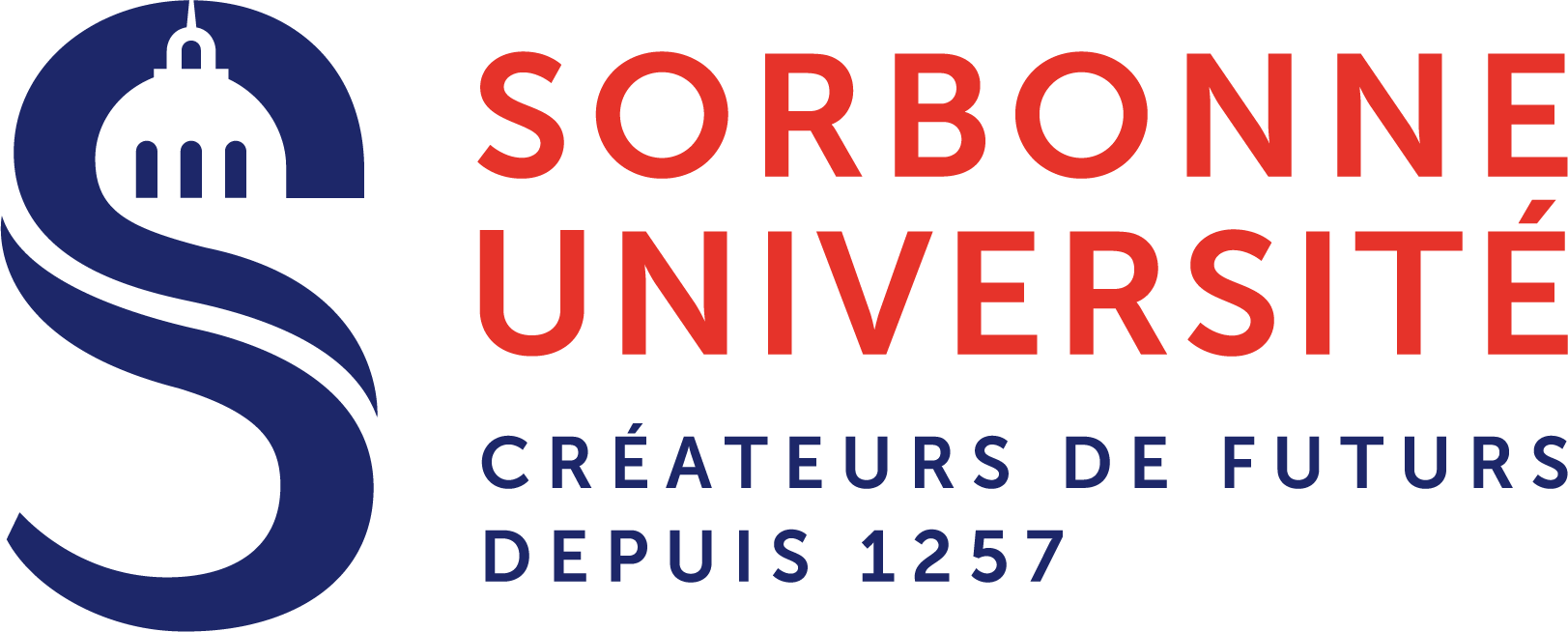Who: Sebastien Lallé (Sorbonne Université – LIP6)
Where: Room 304, ISIR
When: June 30, 11:00AM
Title: Eye-tracking for User-Adaptive Visualizations
Abstract: Information visualization (InfoVis) is a thriving area of research that takes advantage of the strength of human perception to facilitate the analysis of data. Visualizations are typically designed based on the data to be displayed and the tasks to be supported, but they typically follow a one-size-fits-all approach when it comes to their users. There is, however, mounting evidence that the users’ individual characteristics, preferences and behaviors can significantly influence the effectiveness of the visualization. These findings have prompted research on user-adaptive visualizations, i.e., visualizations that can track and adapt to relevant user needs at runtime. In this talk, I will present results on how the needs of the users can be captured using predictive models based on eye-tracking data during visualization processing. I will also report on how to leverage these eye-tracking-based models to provide personalized support meant to improve the user’s experience with the visualization.
Bio: His main area of research is in Human-Centered AI (HCAI), a highly interdisciplinary field at the intersection of AI, HCI, and Data Science. Specifically, the main objective of his research is to create intelligent systems that can better support effective human-computer interaction by integrating traditional HCI approaches with innovative AI techniques that enable advanced forms of interaction. To this end, He has focused on designing intelligent user-adaptive systems that can: (i) Recognise the specific needs, affect and abilities of their users (a task called user modeling); (ii) Provide users with a personalized interaction experience by adapting in real-time to the detected user’s needs and abilities.
He has conducted several user studies to investigate the user perception, impacts and benefits of such user adaptation for a variety of systems, including intelligent educational environments, pedagogical virtual agents, visualizations, decision support systems, and citizen engagement platforms.
Host: Gilles Bailly



